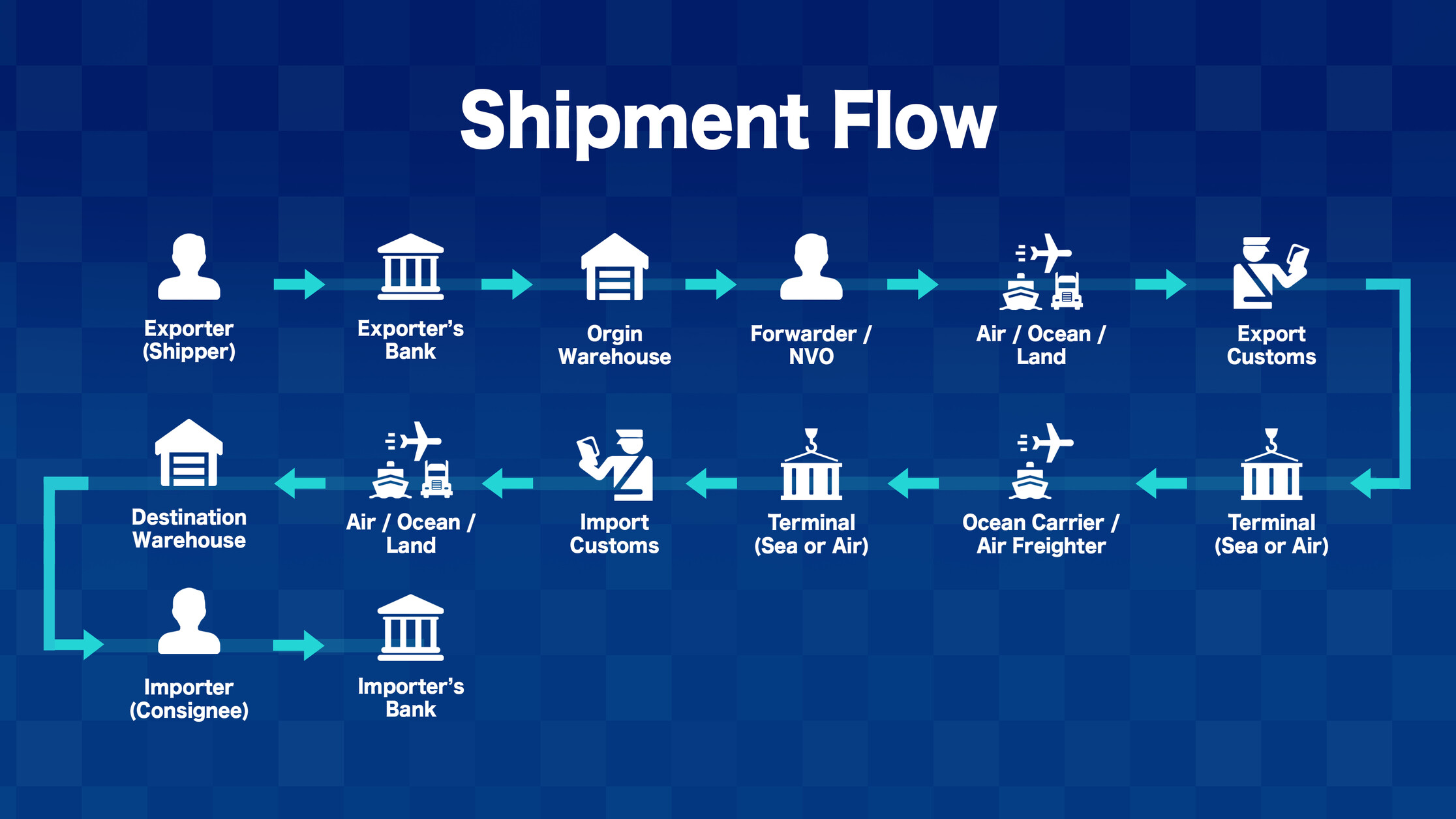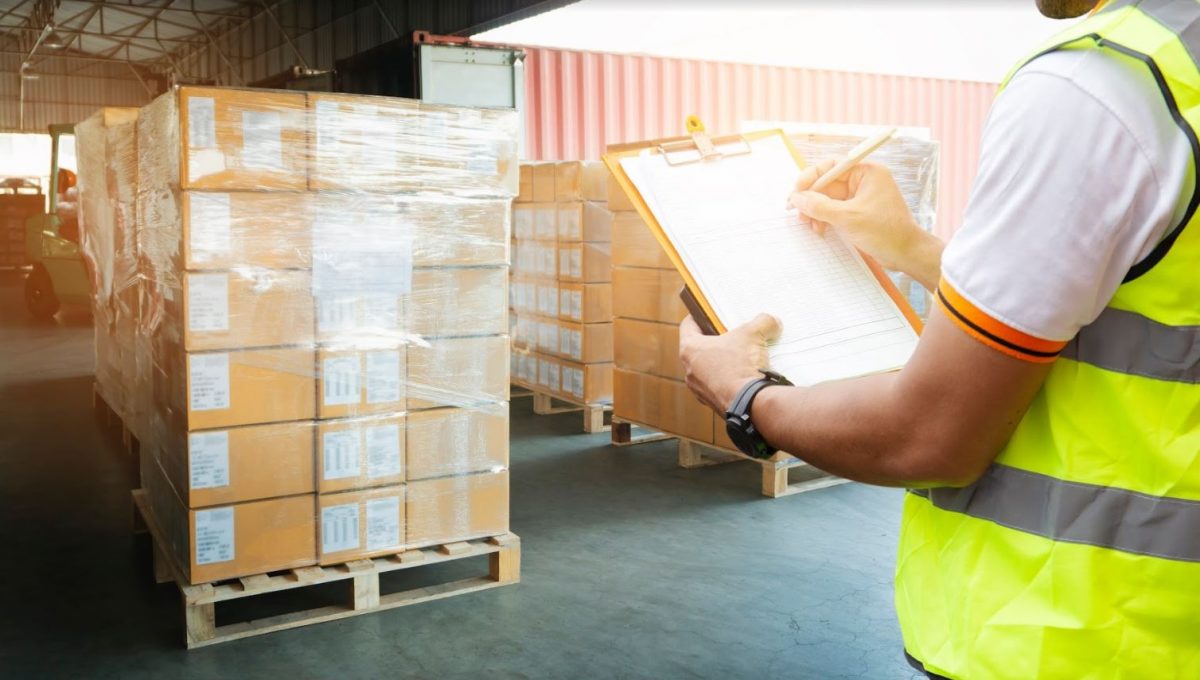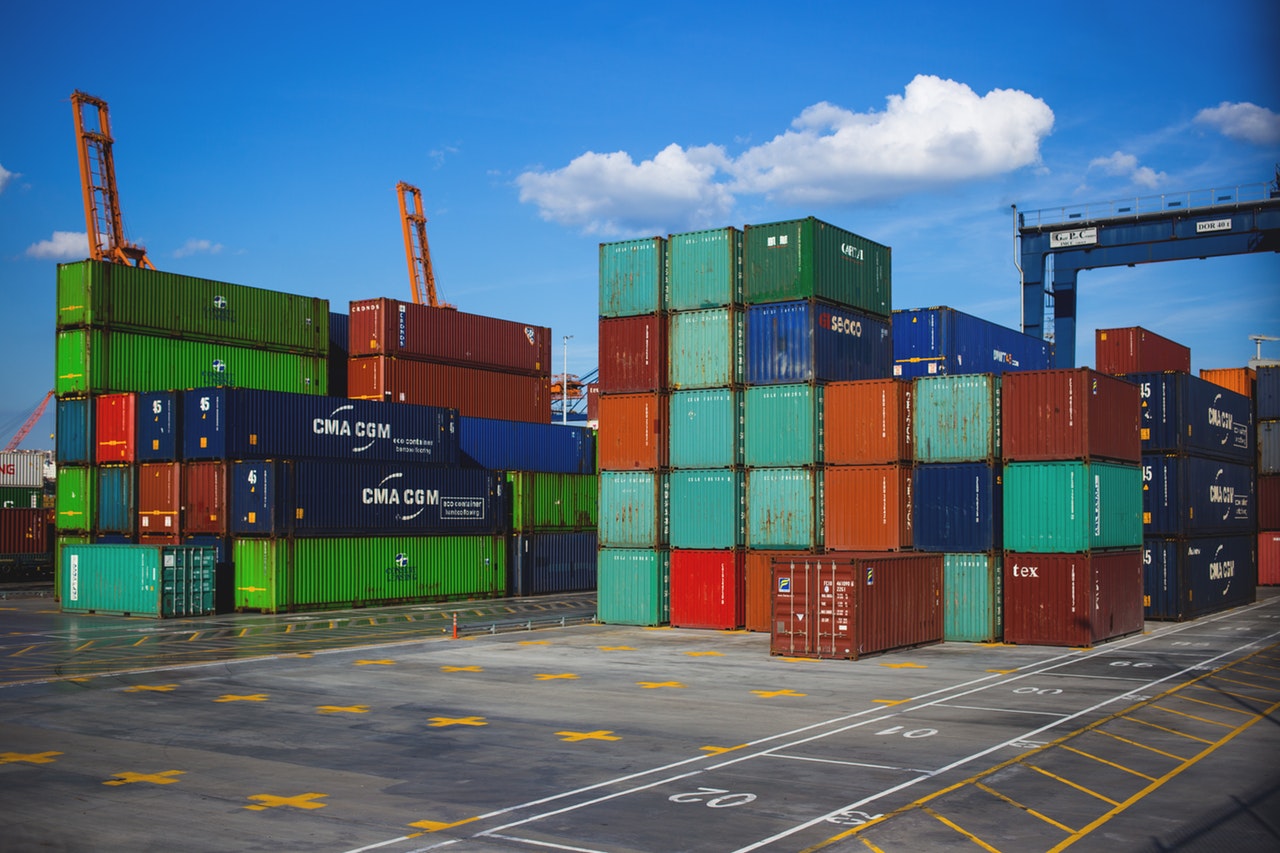Freight forwarding is a pivotal aspect of global trade, serving as a vital link in the supply chain that connects businesses with their international markets. This complex and multifaceted process demands in-depth knowledge and efficient management to ensure the smooth transit of goods across borders.
As companies increasingly look to expand their global footprint, understanding the mechanisms behind freight forwarding becomes crucial. In this comprehensive exploration, we will delve into the various facets of how a freight forwarding company functions, illuminating the steps, strategies, and nuances of this intricate process.
The Role of a Freight Forwarder
At its core, a freight forwarder is a specialist in logistics and transportation, tasked with arranging the movement of goods on behalf of shippers. Unlike carriers who physically move the goods, forwarders serve as intermediaries, leveraging their expertise and network to plan and execute the logistics.
They negotiate with carriers, handle paperwork, and ensure compliance with international trade laws and regulations. Their role is to streamline the shipping process, making it as cost-effective and efficient as possible. This involves a deep understanding of various transport modes, routes, and the specific requirements of different types of cargo.
Understanding the Freight Forwarding Process

The freight forwarding process is a series of strategic steps, each contributing to the efficient movement of goods. Initially, the forwarder evaluates the client’s requirements, considering factors such as cargo type, budget, and delivery timelines. Based on this analysis, they propose the most suitable transportation method, whether it’s air, sea, rail, or road.
The forwarder then negotiates contracts and rates with carriers, ensuring the best possible terms for their client. Once the transport method is decided, they coordinate the entire journey of the cargo, from pickup at the origin to delivery at the destination. This includes managing logistics at both ends, handling documentation, and overseeing the loading and unloading of the goods. Learn more about the freight forwarding process at Qube Cargo.
Navigating Customs and Compliance
One of the most challenging aspects of international shipping is dealing with customs clearance and compliance with various regulations. Freight forwarders are experts in this field, armed with up-to-date knowledge of customs procedures, import/export documentation, and tariffs.
They ensure that all necessary paperwork is accurately completed and submitted to avoid delays or penalties. This includes commercial invoices, bills of lading, export declarations, and other required documents. Forwarders also advise clients on the best practices to comply with regulations, minimizing the risk of legal issues and ensuring a smooth customs process.
Technology in Freight Forwarding

In the digital age, technology plays a crucial role in the operations of a freight forwarding company. Advanced software systems are used for tracking shipments, managing inventory, and ensuring real-time communication with clients and carriers.
These technologies enable forwarders to monitor the progress of shipments, anticipate and mitigate risks, and provide timely updates to clients. This digital integration not only enhances operational efficiency but also offers transparency and peace of mind to businesses relying on the timely delivery of their goods.
Risk Management and Insurance
Shipping goods internationally involves various risks, including damage, loss, or delays. Freight forwarders are adept at identifying these risks and implementing strategies to mitigate them. This involves route planning, carrier selection, and contingency planning for unforeseen events.
Moreover, they offer insurance services to protect the value of the cargo against potential losses during transit. By providing tailored insurance solutions, forwarders ensure that their clients are financially safeguarded against the myriad risks of international shipping.
Specialized Freight Services

Different types of cargo require specialized handling and logistics. For instance, perishable goods, hazardous materials, and oversized equipment each have unique requirements. Freight forwarders offer specialized services tailored to these different cargo types, ensuring that they are transported under the right conditions and in compliance with relevant regulations.
This specialization extends to offering solutions like temperature-controlled shipping for perishables or arranging special equipment for heavy or oversized cargo.
Building a Global Network
A key strength of a freight forwarding company lies in its global network of agents and partners. This network enables them to efficiently manage cargo movement anywhere in the world.
By collaborating with trusted local agents and international carriers, forwarders can navigate local logistics challenges, understand regional market nuances, and provide comprehensive global shipping solutions. This expansive network is vital in offering flexibility, reliability, and reach to their clients.
Client Communication and Service
Effective communication and customer service are the cornerstones of a successful freight forwarding business. Forwarders maintain regular communication with clients, keeping them informed about their shipment’s status and any potential issues.
This proactive approach ensures that clients are always in the loop and can make informed decisions. Additionally, forwarders often offer personalized service, understanding and adapting to each client’s specific needs and preferences. This client-centric approach fosters trust and long-term partnerships, which are essential in the dynamic world of international trade.
Strategic Partnership and Long-Term Growth

A crucial aspect often overlooked is the role of freight forwarders in strategic planning and long-term growth for businesses. By providing insights on market trends, shipping efficiencies, and cost-effective logistics solutions, forwarders become invaluable partners in shaping a company’s international expansion strategies.
Their expertise in navigating complex global supply chains allows businesses to focus on growth while the forwarders handle the logistical intricacies. This symbiotic relationship is fundamental for businesses seeking to establish a robust presence in new markets or maintain competitiveness in existing ones.
Closing Thoughts
In conclusion, the operations of a freight forwarding company are integral to the seamless flow of international trade. These entities, equipped with specialized knowledge, networks, and technology, expertly manage the complexities of shipping goods across borders. Their role extends beyond mere transportation, encompassing compliance, risk management, and strategic business support.
Understanding the multifaceted nature of freight forwarding is essential for any business looking to thrive in the global marketplace. As the world becomes increasingly interconnected, the expertise and services provided by freight forwarders will continue to be a cornerstone of international commerce.













